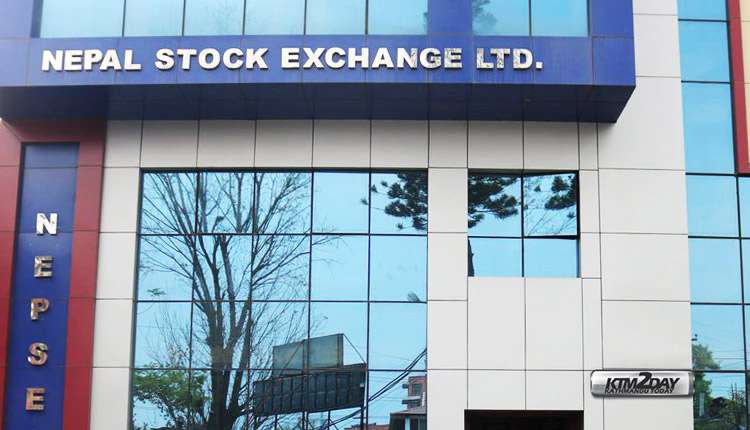The government has reiterated its commitment to restructuring Nepal Stock Exchange Limited (NEPSE), but a formal proposal submitted by NEPSE has remained pending for over one and a half years.
In its recently announced policies and programs for Fiscal Year 2025/26, the government said the restructuring aims to enhance market capacity and transparency. The proposal is in line with recommendations made by the High-Level Economic Reform Implementation Committee.
NEPSE submitted its restructuring proposal to the Ministry of Finance on December 14, 2023, following an independent study conducted by an external expert. However, the ministry has yet to make a decision.
“The Ministry of Finance has not issued any directive yet,” said NEPSE spokesperson Murahari Parajuli. “But since the issue has now been included in the new government policies and programs, we hope to see progress soon.”
The restructuring is considered necessary amid growing regulatory uncertainty. The Securities Board of Nepal (SEBON) initiated the licensing process for a second stock exchange in September 2022, requiring a minimum paid-up capital of Rs 3 billion. One applicant is currently in the final stage of receiving the license.
NEPSE also aims to increase its paid-up capital to Rs 3 billion, with 30% of shares offered to the public and employees, while existing shareholder ownership would remain at 33.33%.
NEPSE's plan includes issuing an Initial Public Offering (IPO) to the general public and inviting reputed domestic and international institutional investors as shareholders. In the first phase, it has proposed issuing Rs 500 million worth of shares to employees and the public.
Despite past commitments in budget statements, the government has not implemented any concrete steps to restructure NEPSE. “Even though the proposal remained stagnant, its inclusion in this year’s policies is a positive sign. Now the government must act,” added Parajuli.
Currently, NEPSE has a paid-up capital of Rs 1 billion. Under the proposed plan, 36.67% of shares would be allocated to domestic and foreign institutional investors.
The Government of Nepal currently owns 58.66% of NEPSE. Other key shareholders include Nepal Rastra Bank (9.05%), Rastriya Banijya Bank (11.23%), and the Employees Provident Fund (10%). Laxmi Bank and Prabhu Bank each hold 5%, while other institutions share the remaining 10.06%.
Chhote Lal Rauniyar, former chairperson of the Nepal Investors Forum, said, “NEPSE must restructure itself to stay competitive. As a new stock exchange prepares to enter the market, NEPSE needs to modernize and expand public ownership.”












